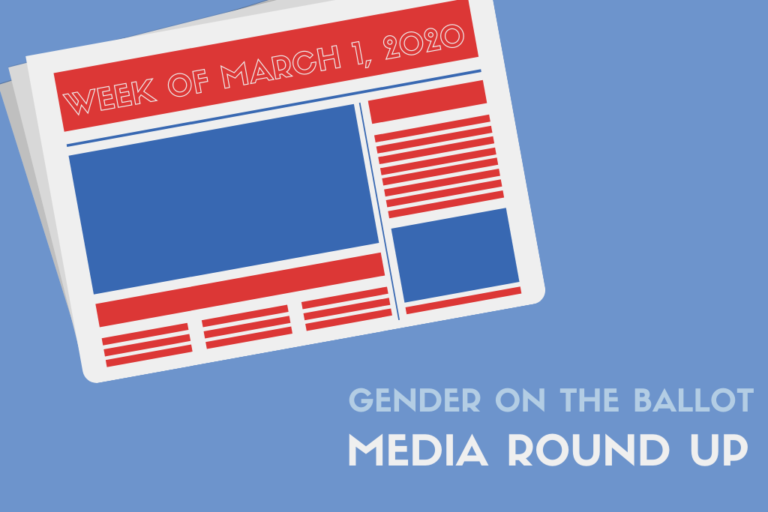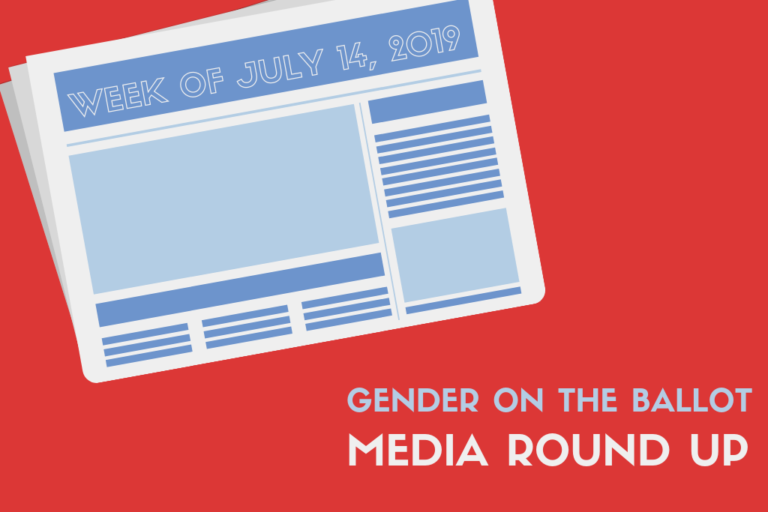Barbara Lee Family Foundation Executive Director Amanda Hunter’s analysis of Nikki Haley’s debate performance…
The Quiet War on Contraception

In a post-Roe world, birth control misinformation is spreading like wildfire over social media. This misinformation – false or misleading information that is shared, often without fact-checking or context, and believed to be true by those who spread it – is no accident. Spread with intent, it’s a page straight out of the anti-abortion playbook. According to the Pew Research Center, 1 in 5 U.S adults use social media for their news, so it’s no surprise that more and more people are being fed misinformation through their algorithm.
We have seen a rise of conservative values on social media platforms such as TikTok, X, and Instagram: tradwives, stay at home girlfriends, and natural cycling, all encouraging women to take on traditional female roles. Wellness influencers have been trending, promoting fertility cycle tracking to avoid getting pregnant instead of using birth control. These self-proclaimed “Health Gurus” have been spreading damaging rhetoric, claiming birth control is way too risky to consume, causing depression, balding, negative changes in gut biome, and even irreversible infertility. Young audiences being fed this fear-mongering content are not learning factual information.
Concerns from birth control advocates arose over the summer when the U. S. State Department announced intent to destroy $9.7 million worth of contraception for people in low-income countries, by incorrectly charactering birth control as ‘Abortifacients.’ Hearing misinformation from small influencers is damaging, but a federal government agency spreading the same rhetoric is extremely dangerous. As of this writing, the supplies have not been incinerated, but they have not been distributed as intended.
The spread of misinformation on birth control is affecting efforts to expand access. This narrative has fueled opposition to policies that expand access to contraceptives, with some lawmakers claiming to be in support of birth control, yet supporting policies rooted in misinformation.
Why does accurate information matter? Without the facts, women aren’t able to make informed choices about their health – ultimately leading to increased risks of unwanted pregnancy and undermining reproductive freedom.






